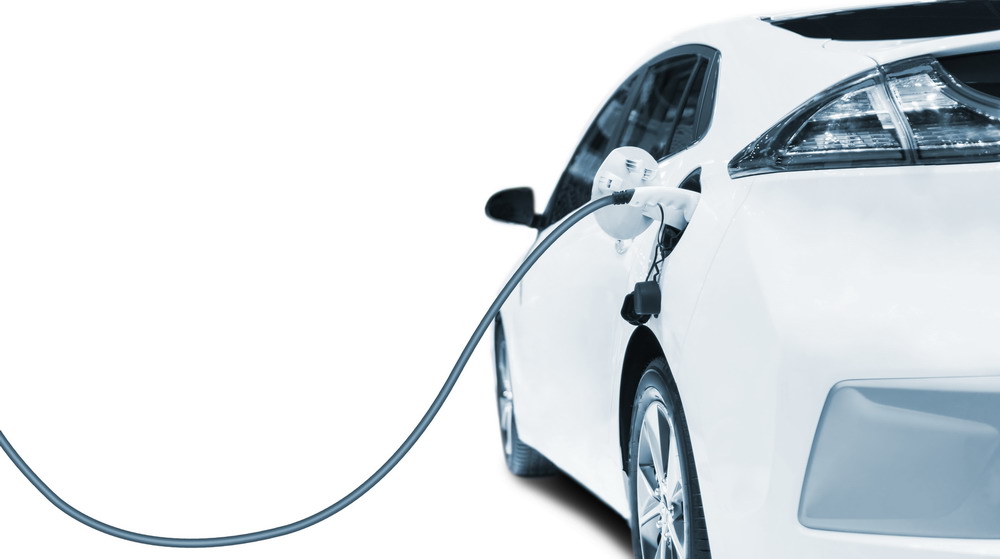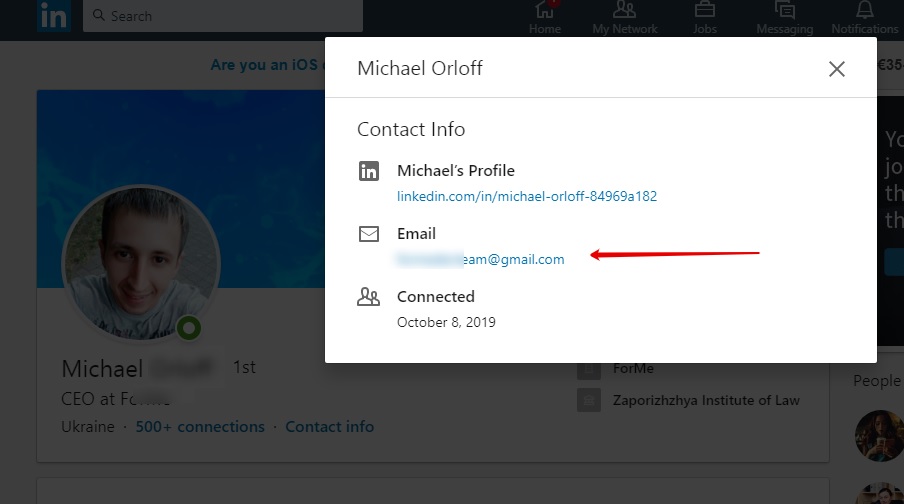
Imagine going down to your local dealer with every intention of buying an electric car. You browse the floor, talk to the sales associate, then sit down to make a deal. You wonder why the prices are so low until the sales associate lets you know that batteries are not included.
We are used to seeing ‘batteries not included’ printed on toy packaging. Until recently though, no one has even thought about selling electric vehicles (EVs) without the batteries. So, what has changed? India’s Ministry of Road Transport and Highways (MoRTH) has okayed the sale of electric vehicles and batteries separately.
The move may seem odd to those of us who are so ingrained in the methods of traditional vehicle sales, but it actually makes a lot of sense when you step back and look at it from an unbiased perspective. Think of it this way: how many other battery-powered devices do you purchase without batteries included?
Hoping to Increase Uptake
MoRTH’s goal is to increase uptake of EVs in India by bringing the price down. And because batteries make up a large share of the retail price, selling vehicles without batteries should make entering the market a bit easier.
“But wait,” you say, “people will still have to buy the batteries themselves.”
That’s true, but the batteries will be sold by separate business entities. Selling EVs and batteries separately should create an entirely new dynamic that leverages competition to keep prices under control. Time will tell if it actually does.
When Batteries Are Included
Step back from the EV question and just think about all the battery-powered devices you have in your home. From mobile devices to your electric toothbrush, how many of those products came from the store with batteries included? Probably very few.
When batteries are not included, there is one less component for the manufacturer to profit from. And rest assured they do profit when they include batteries. Manufacturers pay for the batteries before marking them up for the consumer. They do not give batteries away for free.
Something else to consider is the quality of the batteries that come with your electronic devices. Manufacturers certainly don’t shell out top dollar to give their customers the best quality. In fact, any batteries that manufacturers do decide to include are almost always cheap, generic batteries you couldn’t even buy off the shelf.
Battery Quality Doesn’t Matter
The thing about batteries is that quality does matter. You could spend a little more on high-tech USB rechargeable batteries from Pale Blue Earth and know you are getting high quality product that you can trust. Alternatively, you could go dirt cheap with generic batteries only to discover they do not last as long.
By separating EVs from their batteries, you remove the incentive for car manufacturers to take advantage of customers by charging them an arm and leg for batteries with questionable quality. You are also giving other companies the opportunity to compete in the battery market. And where competition is encouraged, quality goes up and pricing goes down.
The smart money says that MoRTH’s decision will pay off in the long run. Pricing for both EVs and batteries may not be affected immediately, but market forces will eventually correct as battery competition heats up.
Meanwhile, tuck this story away in the back of your mind. Next time you are in the market for small batteries for your consumer electronics, remember what you’re likely to get when batteries are included. Then remind yourself you are better off buying batteries separately. At least then you get to choose the quality and price.





